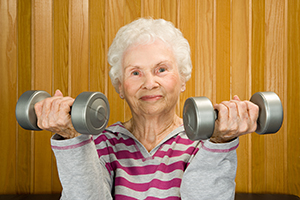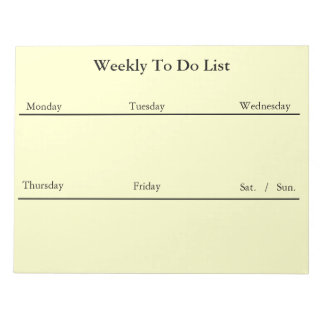Helping your loved one remain independent into the latter stages in life can be difficult. For some, it’s nearly impossible to take them out of the home in which they’ve lived so many years. If your loved one has a strong desire to remain at home, there are ways to make it a safer place.
Daily Check-ins
If you or other friends and family live in the surrounding area, it’s vital to keep tabs on your loved ones, daily. Coordinate a schedule to make sure their needs are met. Whatever your loved one’s needs–groceries, medications, or just some company, stop in to see how things are going. If nobody lives within a reasonable range, hire an aid to check in regularly to see how things are going. If nothing tangible is needed, a little company is always nice to have.Emergency Alert Systems
Today’s advanced technology offers an array of safety monitoring systems. Some tools direct users to an emergency system’s operators with the simple click of a button. Others are able to detect sudden falls, notifying EMS. Be sure to have a completed medical emergency alert card to provide first responders with as much information as possible.Bathroom Aids
Being able to complete daily functions is essential to remaining independent. Make sure your loved one has the proper tools to help retain independence–such as a raised toilet seat with handrail and a bench, handrails, and non-slip mats in the shower or tub for safer bathing.Everyday Tasks
Some tasks grow more difficult with age. Fortunately, assistive tools can help. All of these products may be found in Amazon’s Health & Personal Care section.
Dressing stick: This stick can
make dressing easier for those with limited mobility–such as helping pulls socks
up or lifting a garment around one’s shoulder.
Prescription management: There
are various systems available to help one remember to take medications during
the day–such as electronic reminders, simple labels on daily medicine
containers, or individual packets of medicines.
Extra-long sponge: This is a
sponge attached to a longer arm to help with those hard-t0-reach areas while
bathing.
Food bumper: This is a guard
placed on the edge of a plate to prevent food from falling off.
Long shoehorn: An elongated
shoehorn reduces the need to bend while putting on shoes.
Mobility Devices
The simple act of getting around can make or break one’s ability to be independent. With age, walking can prove difficult. Fortunately, there are a number of ways to help with this process.
Accessibility: If wheeled access
is needed in the home, make sure that your loved one has a ramp to gain access
to the home easily.
Wheelchair: Both manual and
electric wheelchairs boost a person’s independence in being able to get around,
in, and out of one’s home, which contributes to a happier day-to-day
existence.
Walker/Cane: If a wheelchair
isn’t necessary, a walking aid can help. As with wheelchairs, getting out and
enjoying the day whenever possible is a tremendous benefit to your loved one’s
quality of life.
These are five some of the tools caregivers can use to help their loved ones live safely independently.

Jason Zimelman is a Public Relations Coordinator with Safer America. The organization provides consumer safety information to help make our community a safer place to live for our children, family and friends
 Dementia Signage for the Home
Dementia Signage for the Home
Dementia Signage for the Home
$22.75 - EZ-C Bright Green 3 Ring Binder







No comments:
Post a Comment